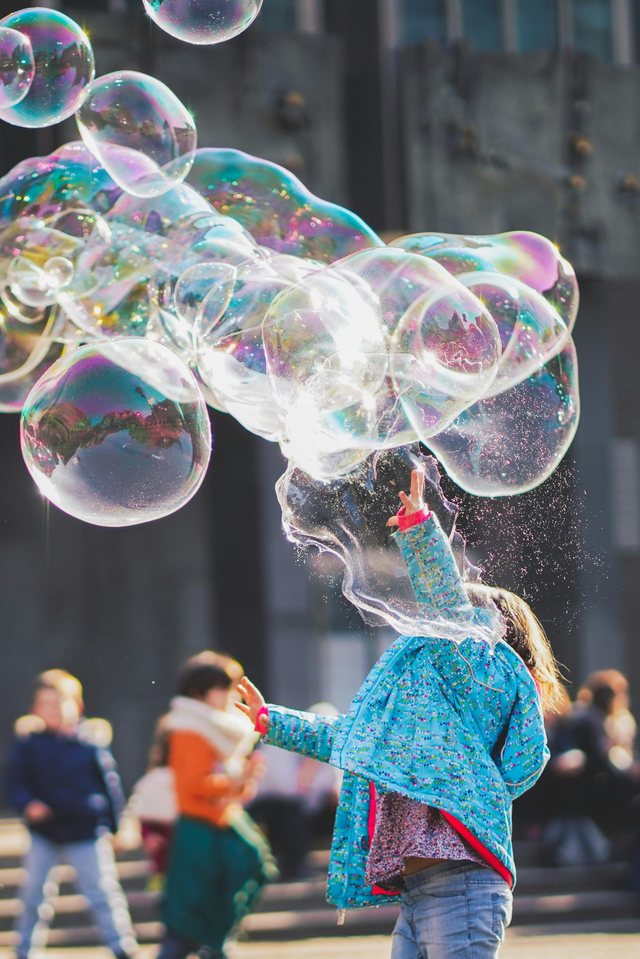
Children are not born calm, patient, or understanding. They do not know how to deal with anger, frustration, or fear. These are skills that are learned, and the best way to teach them is through example. Children observe, imitate, and learn from the way their parents react to everyday situations. A parent who knows how to calm down, who acknowledges their feelings, and who talks about them openly, teaches their child to do the same.
Parents are emotional mirrors for their children. When an adult says, “I’m sad today, but I’ll get through it” or “I’m glad you helped me,” they are modeling emotional awareness. In this way, the child understands that emotions are nothing to hide. They are a part of life and can be expressed in healthy ways. When children learn to label their feelings, they learn to understand and manage them better.
Emotional education is one of the most important lessons we can teach children. It is not about rules or grades, but about the ability to know and respect oneself and others. A child who knows how to express sadness or disappointment without exploding is a child who is learning empathy and self-control. This skill helps them build more lasting relationships, cooperate better, and remain calm in difficult situations.
In modern society, where the pace is fast and emotions are often ignored, sensitivity has become a rare strength. Raising sensitive children does not mean making them fragile, but teaching them that tenderness is not weakness. Children who know how to feel and understand others are more confident, more cooperative and better able to build healthy relationships in the future.
To develop empathy, a safe emotional climate must be created. Simple questions like “How did you feel when that happened?”, “What makes you feel better?” or “How do you think your friend feels?” are small ways to open up the conversation. In this way, children learn to listen, understand and relate to others.
Parents don't need to be perfect. What matters is that they are emotionally present. Listening without judging, calming without yelling, speaking honestly – these are lessons that children never forget. In every small talk, in every gentle response, in every "I understand," we are building the people of tomorrow.
Ultimately, empathy is a gift that returns. Children who learn to practice it, then spread it to others. They become adults who know how to love without fear and understand without judgment. And in a world that often prioritizes strength, they will be the ones who remind humanity of the value of compassion.
Because ultimately, children who learn to feel are the ones who will later know how to love wisely.
Photo by Alexander Dummer: https://www.pexels.com/photo/girl-playing-with-bubbles-1919030/





